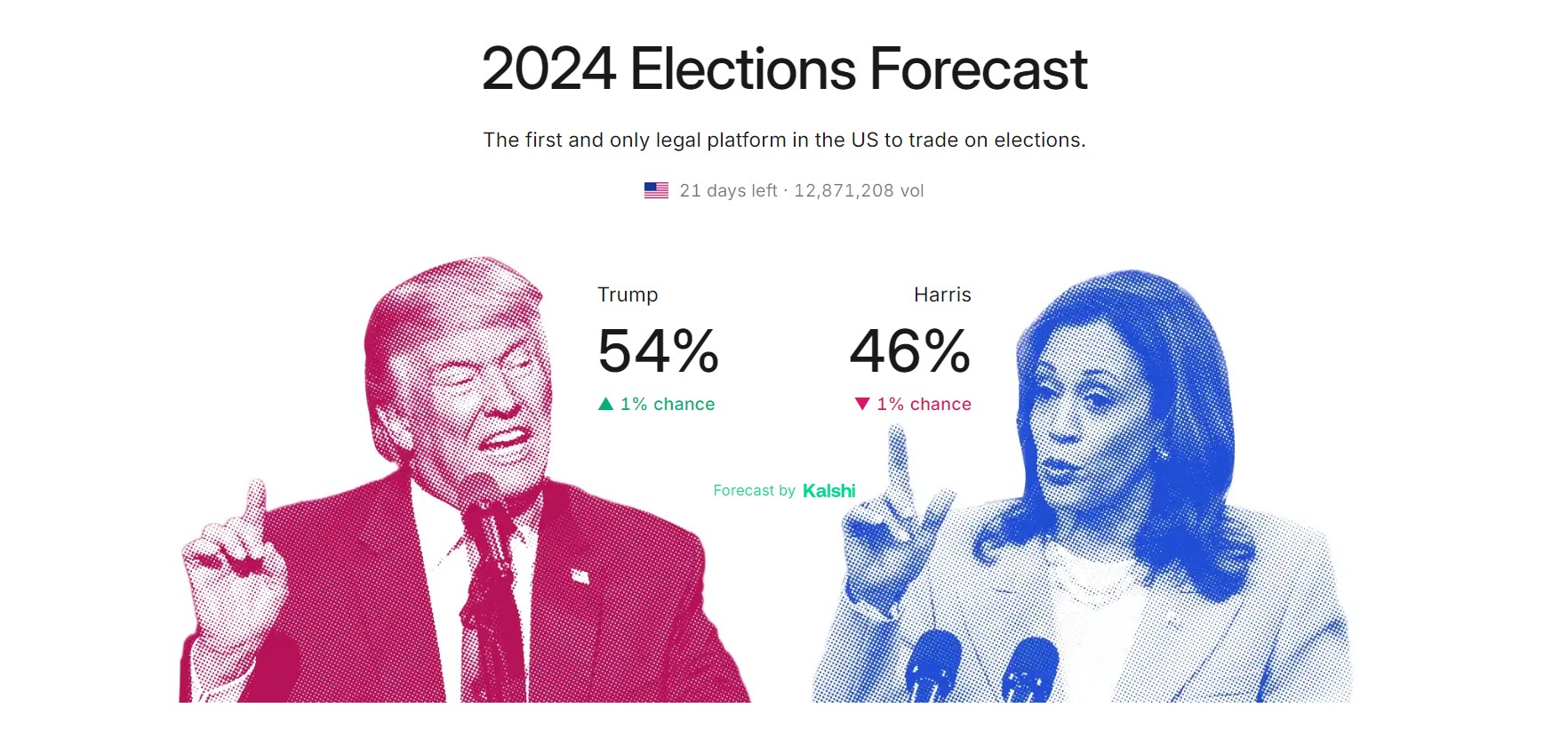CFTC Bows Out of Election Betting Dispute: A New Era for Prediction Markets?
The landscape of election betting in the US has experienced a significant shift, leaning decisively towards the acceptance of prediction markets.
On Monday, the Commodity Futures Trading Commission (CFTC) took the notable step of filing a motion to voluntarily dismiss its appeal against Kalshi, a New York-based exchange that has made waves in the sports betting sector. This decision comes as the case was under review by the US Court of Appeals for the DC Circuit.
As part of the dismissal, Kalshi agreed to forgo any claims stemming from the litigation process, effectively closing the book on this contentious legal battle.
Kalshi’s CEO, Tarek Mansour, celebrated the outcome, stating, "Election markets are here to stay." He highlighted the long history of restrictions faced by prediction markets and termed this development a victory that ensures their future.
A Year of Legal Struggles Concludes
The dismissal marks the end of extensive legal disputes between Kalshi and the CFTC, which had persisted under the Biden administration until the transition brought about a halt in early 2021. The initial certification of Kalshi’s election contracts occurred in June 2023, only to be rejected by the CFTC a few months later. This triggered a protracted federal court struggle that saw Kalshi’s markets temporarily suspended. However, an October ruling from the appeals court favored Kalshi, allowing for billions in trading volumes during the 2023 election cycle. Initially, the CFTC indicated its intention to contest this ruling, but that stance appears to have shifted.
In the appeals court’s ruling, Judge Patricia Millett stated that the CFTC failed to prove that these election contracts would cause public harm, a critical aspect of their argument for prohibition. This failure, she noted, was detrimental to the Commission’s case.
A Shift in Regulatory Attitudes
Historically, the CFTC has strictly enforced bans on election trading. However, Kalshi has successfully articulated the assertion that prediction markets function as legitimate financial exchanges that offer meaningful economic benefits. Users can trade contracts based on event outcomes, akin to traditional commodity exchanges but with broader applications.
The court decision, combined with accurate predictions from Kalshi regarding the election results, suggested a potential change in regulatory sentiment. Notably, just before taking office, then-President Trump named Donald Trump Jr. as an advisor for Kalshi, leading to further insights into the market’s value in political forecasting.
Recent regulatory discussions hinted at the possibility of the CFTC evolving into a national authority over gambling, an idea it had vehemently opposed until recently. This shift could redefine the commission’s role in the regulatory ecosystem.
Future Challenges and Opportunities
With the momentum now seemingly in favor of approval for prediction markets, an essential question arises: what will be the CFTC’s future role? If the Commission embraces the rise of prediction markets, it may find itself positioned as a national gambling regulator—a concept that raises eyebrows given its previous opposition.
Industry analyst Steve Ruddock pointed out the CFTC’s workforce and budget limitations, emphasizing that overseeing prediction markets is a fraction of the responsibilities it currently manages. He estimates that a national sports betting regulatory body would require a far larger staff—potentially doubling the CFTC’s current numbers.
Andrew Kim, a gaming attorney, echoed this sentiment on LinkedIn, suggesting that the CFTC might now be entangled in a complex decision-making process as it considers its next moves in this evolving landscape.
As the debate over prediction markets grows, the regulatory environment surrounding them will undoubtedly continue to evolve, marking a pivotal moment in the intersection of finance, gaming, and governance.
